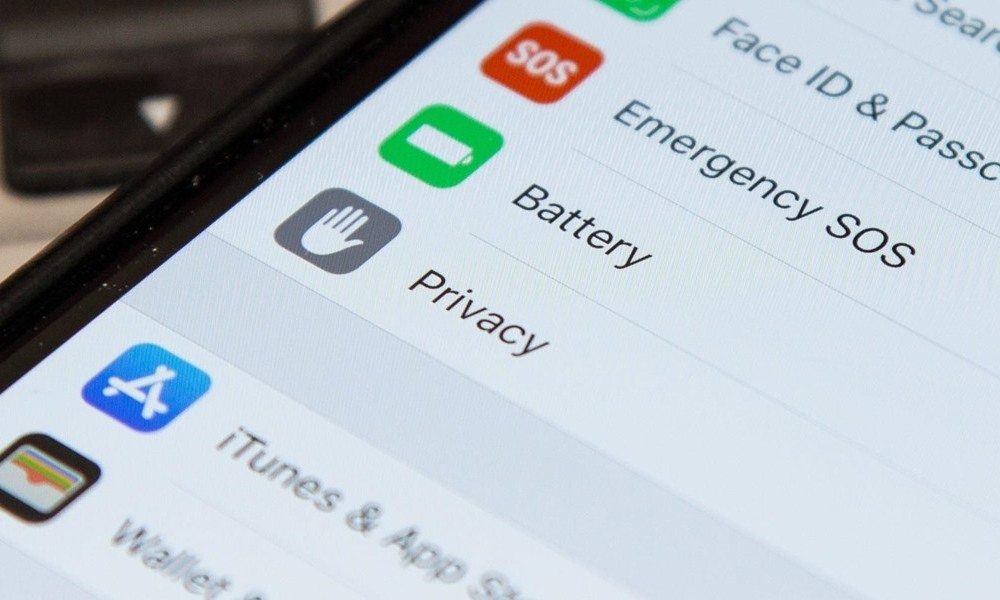Apple Agrees to Pay up to $500 Million for Throttling Older iPhones
 Credit: Ciudad
Credit: CiudadToggle Dark Mode
According to Reuters, Apple has agreed to a settlement of between $310 million and $500 million to settle a massive class-action lawsuit that accused the company of deliberately slowing down older iPhones for the purpose of encouraging users to buy newer models.
Following the “batterygate” scandal in early 2018, when it was revealed that Apple had been “secretly” slowing down older iPhones, the company was unsurprisingly hit with a massive number of class-action lawsuits accusing Apple of artificially rendering older iPhones obsolete in order to trick users into buying new ones.
Although we’ve debunked this claim before in broader terms, the reality is that Apple actually did throttle performance on older iPhones as their batteries aged, but it did it for good reasons, since the alternative would have been users suffering unexpected iPhone shutdowns as the devices demanded peak power levels from batteries that could no longer handle the loads. In short, Apple decided that it was better to have a slightly slower iPhone that worked reliably than one that could spontaneously power off right when you were about to place an important phone call or capture a memorable photographic moment.
If anything, the company’s only real mistake was not being more transparent about what it was doing—while Apple did mention the change, it was buried in the iOS 10.2.1 release notes, and Apple CEO Tim Cook candidly admitted and apologized that Apple should have been more clear about what it was doing.
Still, that didn’t stop some rather insane lawsuits from appearing, demanding remuneration of up to $999 billion in some cases. As the number of lawsuits rose into the dozens, they were ultimately consolidated into a single case, and after winding its way through all of the legal issues involved, Apple has now proposed to settle the case.
To be clear, this is a typical corporate settlement in which Apple denies all wrongdoing in this case, but is simply offering a payout in order to avoid the cost of ongoing litigation.
The Proposal
Apple is proposing to pay consumers $25 per iPhone, with a minimum total payout of $310 million, however the number could be adjusted upward to as high as $500 million, depending on how many iPhones are eligible.
The math suggests that Apple is estimating that it will have to pay between 12.4 million and 20 million iPhone users, however only U.S. owners of the iPhone 6, iPhone 6s, iPhone 7 and iPhone SE models (and their Plus equivalents) are eligible, provided they were running iOS 10.2.1 or later (iPhone 6/6s/SE models) or iOS 11.2 or later (iPhone 7 models) before Dec 21, 2017.
Apple’s proposal still has to be approved by U.S. District Judge Edward Davila, who was appointed to oversee the the consolidated cases back in 2018, however lawyers for the consumers behind the lawsuits have described the settlement as “fair, reasonable, and adequate,” calling the payments of $25 per iPhone “considerable by any degree.” Damages experts for the plaintiffs had considered $46 per iPhone to be the maximum possible.
According to Reuters, the lawyers will also be requesting up to $93 million—30 percent of the $310 million minimum—for their legal fees, plus up to $1.5 million for expenses, proving once again that it’s the lawyers who benefit the most from these kinds of cases.
The text of Apple’s filing has been shared by Adi Robertson of The Verge and can be read in full on Scribd.
Other Cases
While this will likely bring a final resolution to the “batterygate” class action lawsuits in the U.S., Apple still faces potentially stiff penalties in other jurisdictions. For example, a lawsuit that’s still ongoing in the Canadian province of Quebec could see consumers in that province receive up to $300 if they purchased an eligible product within a certain timeframe.
Apple has also been hit with fines from both Italian authorities and the French government, although in both of these cases, the fines were for misleading consumer practices. Neither regulatory agency asserted that Apple engaged in planned obsolescence to encourage consumers to buy new iPhones, and in fact they tacitly admitted that Apple was perfectly okay to engage in this practice, finding fault only with Apple’s failure to properly communicate what it was doing.






